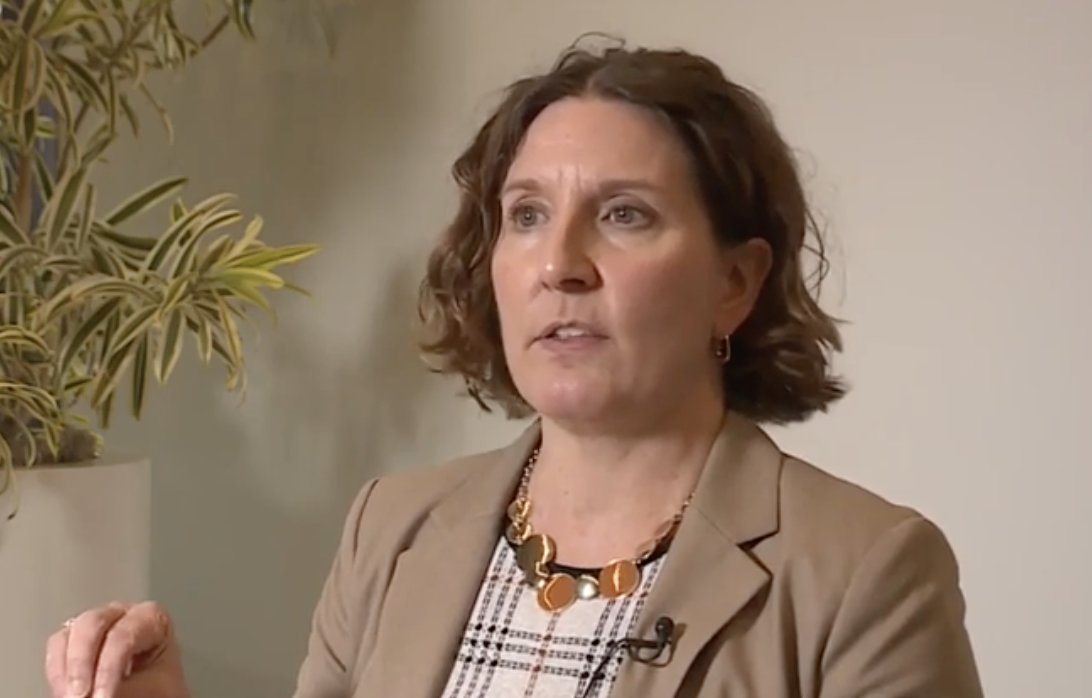Maine stroke survivor credits research for saving her life

WMTW caught up with a survivor we first spoke with five years ago to the day who says that research is why she’s still here. "I’m just incredibly grateful
By Kathleen Jordan
Click here for updates on this story
PORTLAND, Maine (WMTW) — May is Stroke Awareness Month. The American Heart Association funds research that not only saves lives but also helps people get back to a normal life after a stroke.
WMTW caught up with a survivor we first spoke with five years ago to the day who says that research is why she’s still here.
“I’m just incredibly grateful,” Sarah Belliveau said.
She had a stroke in 2017. She says quick action by her husband who found her that morning to the paramedics and doctors is why she could walk out of the hospital two days later. But she says research is why she’s still alive.
“Research-funded protocols not only saved my life but made sure I had a quality of life that I had before,” she said.
Belliveau says doctors discovered she had a hole in her heart called a patent foramen ovale or PFO.
“It’s essentially a hole in the heart that didn’t close at birth and allows a clot to pass from one side of the heart to the other and bypass the lungs so that’s sort of how mechanically the clot traveled to my brain,” she said.
Recommended Maine woman dies after being burned during attempt to start campfire Standard practice in her situation was to wait to determine if she was at risk for another stroke.
“So in that period of time, we’re trying to get back to normal life, you know take my kids to hockey practice or drive to work or any of those things where I had this big uncertainty,” Belliveau said.
But new significant research changed her story. About a year after her stroke, she was deemed a candidate for a newer surgery that would place a device in her heart to close the PFO.
“Once the heart grows around and sort of encapsulates the device, it’s like it’s always been there and I now have the same risk as anyone else my age and demographic so my stroke risk is that of a healthy, normal adult,” she said.
Today, she feels great. She’s gone back to running and is able to show her boys that nothing will stop her.
“After my husband, after his father found me, he was the next one in the room,” she said, “and seeing their faces and my older son’s face will always be the thing I remember the most.”
She’s also given time to the American Heart Association as they continue to fund research happening right here in Maine to help the next survivor.
“My story highlights the importance of research and funding research and never settling for what we have right now, always looking for the next innovation, the next best way to do it,” she said.
Please note: This content carries a strict local market embargo. If you share the same market as the contributor of this article, you may not use it on any platform.
